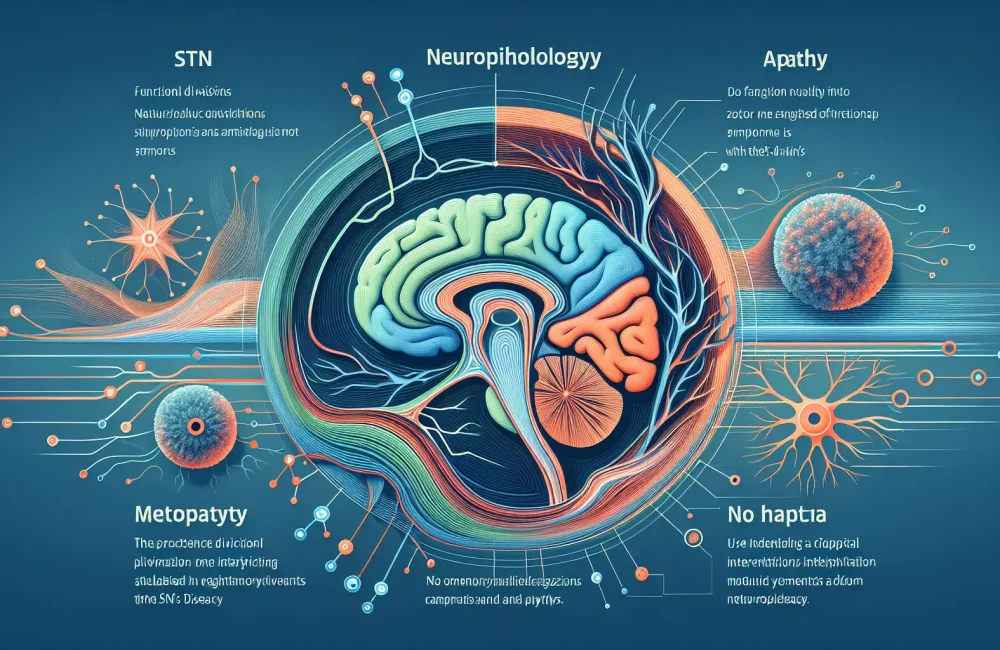By CAFMI AI From npj Parkinson’s Disease (Open Access)
Distinct Gut Metabolite Profiles in Parkinson’s Disease with RBD
Parkinson’s disease (PD) varies widely among patients, with a subgroup experiencing REM sleep behavior disorder (RBD), a condition marked by unusual movements during REM sleep that often precedes the motor symptoms of PD. This study investigated the serum metabolite differences in PD patients with and without RBD to uncover potential links between the gut microbiome and PD subtypes. Using targeted metabolomics, researchers identified that patients with PD and RBD have a unique pattern of metabolites derived from gut microbiota, including elevated short-chain fatty acids (SCFAs) such as acetate, propionate, and butyrate, as well as altered bile acid derivatives. These metabolites are known to influence inflammation and neuronal function, suggesting a distinctive gut metabolic profile in PD patients with RBD compared to those without.
Clinical Implications of Gut-Derived Metabolites in PD-RBD
The enrichment of gut-derived metabolites in PD patients with RBD highlights a possibly important role of gut microbiome metabolism in disease progression and symptom manifestation. SCFAs, identified at higher levels in the PD-RBD group, have documented neuroprotective and neuroinflammatory roles that might modulate disease mechanisms. Changes in bile acid metabolism could further contribute to systemic and neural inflammation, potentially influencing neurodegeneration. For clinicians, these findings suggest that metabolic profiles could serve as biomarkers to distinguish PD subtypes. Moreover, they point toward gut-targeted therapies as a promising avenue for managing PD, particularly for patients presenting with RBD. Understanding these metabolic changes can improve early diagnosis and tailored treatment strategies for this PD subgroup.
Future Directions and Potential for Patient Care
This research supports the concept of a gut-brain axis in Parkinson’s disease, specifically linking gut microbial metabolites to a PD subgroup marked by RBD. Further studies are needed to validate these metabolites as reliable clinical biomarkers and to explore how modifying the gut microbiome might slow or alter disease progression. For primary care physicians, awareness of this metabolic connection underscores the importance of monitoring sleep disorders like RBD as early indicators of PD. Future interventions may include dietary, probiotic, or pharmacological approaches focused on correcting metabolic imbalances. Such strategies could improve patient outcomes by addressing underlying metabolic contributors to neurodegeneration in PD.
Read The Original Publication Here






